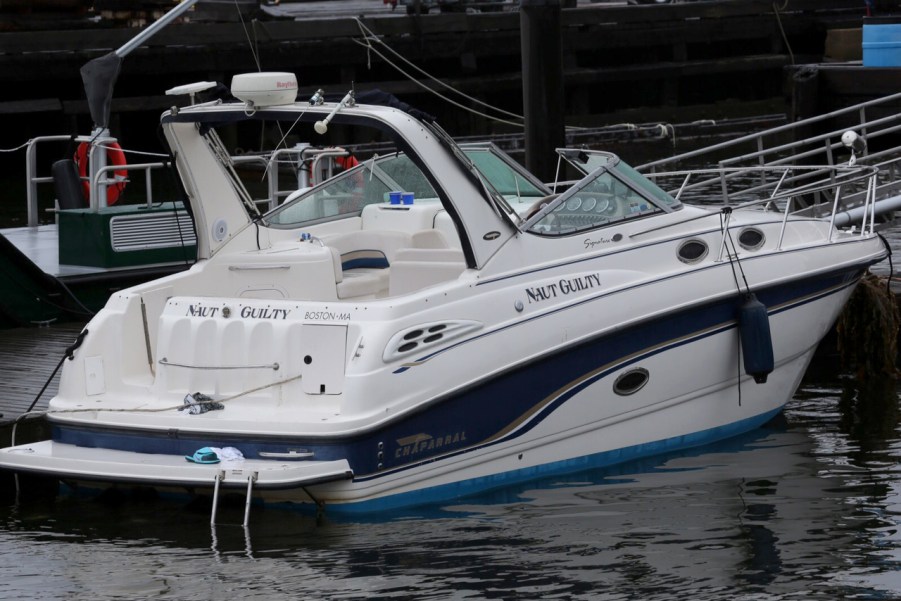
This 1 Thing Can Prevent a Grisly Boating Accident
There’s nothing better than enjoying a summer day out on a boat with friends and family. And following proper boating safety guidelines can make the difference between a fun afternoon and an unnecessary trip to the emergency room. Unfortunately, the day can turn deadly when boat operators don’t follow proper safety precautions.
Everyone has heard of horrendous accidents involving parties on boats, careless operators, or unexpected bad weather. Most people don’t realize there’s an often overlooked danger that can be catastrophic, but it’s easily preventable.
How to avoid the hidden danger in boating
What seems like common sense is something many recreational boaters overlook. Simply turning off the boat propeller can prevent a host of accidents that sometimes result in unforeseen tragedy.
According to Ace Boater, a boat engine propeller strike is a “very serious hidden danger in boating.” The boating certification site claims that 4 percent of boating fatalities result from propeller-related accidents.
The site explains that “because of the speed and torque, this hidden danger has the potential to kill, mangle, or permanently disfigure an unsuspecting person in the water.”
Ensure the propeller is off before anyone goes swimming
Boat propellers operate below the waterline, making them hard to see by those in the boat or the water. That’s why boating safety protocol requires the engine is turned off whenever passengers are boarding or exiting the watercraft.
It’s essential never to leave a propeller on when people are swimming nearby, especially when they’re close to the back of the boat, where the propeller is located.
Also, passengers should never sit on the seatbacks or bows when the boat is moving. Falling into the water could end in catastrophic harm from the spinning propeller.
Safety devices such as propeller guards, interlocks, and sensors are recommended and can prevent serious harm.
How to prevent death or serious injury when boating
Gary and Lora Polson designed the website Propeller Safety to promote boating safety. Passionate about educating boaters about the dangers of propeller strikes, they have witnessed the horrific results of preventable tragedies.
On their website, the Polsons describe common accident scenarios that include “boat ejections, Circle of Death accidents, outboard motors striking submerged objects breaking off and flipping into boats, kill switch lanyard preventable accidents, and boat propeller accident at the swim ladder.”
Most propeller accidents occur when tubers or water skiers get hit by their own boat as it circles back to retrieve them. Other occurrences include being hit by another boat that didn’t see the person in the water.
Passengers can also be seriously harmed by dangling their feet into the water while the boat is moving. “Man overboard” often results in injury when a large wave causes someone to fall out of the boat and gets entangled in the propeller.
A moving propeller can cause significant harm and possible death to those who unexpectedly get too close to the spinning blades. Boat operators must understand the dangers and follow boating safety guidelines.
Turning off the propeller whenever someone is in the water near the boat is always a good idea and can prevent death or serious injury. Don’t let careless boating ruin a fun day.


